Mental health is often overlooked when discussing overall health and wellness. The reality is that mental health is inextricably linked to physical health. There is a strong connection between the two. Poor mental health can have a profound impact on physical health, and vice versa.
Below, these mental healthcare providers in Northwest Indiana examine the relationship between mental and physical health, and what you can do to maintain your mental well-being.
How Your Mental Health Affects Your Physical Health
Mental health issues can lead to an increased risk of physical health issues. Stress is one of the most common causes of poor mental health, and it can have a major impact on physical health. Chronic stress may lead to chronic inflammation, increasing the risk of various illnesses and diseases. Stress can also lead to headaches, muscle tension, chest pain and digestive problems.
Depression is another mental health issue that can affect physical health. People who are depressed may experience changes in appetite or sleep patterns, which can lead to weight gain or loss and fatigue. They may also be less likely to exercise or participate in activities they once enjoyed, leading to increased physical inactivity. Other physical health problems associated with depression include an increased risk of heart disease, high blood pressure, diabetes and obesity.
Anxiety is another common mental health issue that may cause physical problems. People with anxiety often experience restlessness, rapid heart rate, chest pain, headaches, dizziness and digestive issues. Long-term anxiety can also lead to chronic fatigue and muscle tension, making it difficult to maintain an active lifestyle.
If you are experiencing any of these issues mentioned above, you can always reach out to a mental healthcare provider in Northwest Indiana for support.
Tips for Maintaining Good Mental Health
- Take time for yourself: Take some time away from your busy schedule and do something you enjoy. Whether reading a book, going for a walk or having a relaxing bath, take some time for yourself and give your mind the opportunity to relax.
- Connect with friends and family: Relationships are essential for maintaining good mental health. Having an outlet to talk to people about your feelings, and being around people you trust and rely on helps reduce stress and anxiety.
- Stay organized: Having a plan and staying organized helps reduce feeling overwhelmed and keep you on track with your goals. Make a to-do list and set aside time each day to complete it.
- Exercise: Exercise is one of the best ways to release endorphins and reduce stress. Even if it is just 10 minutes of stretching or a light walk, exercise helps clear your head and gives you more energy throughout the day.
- Get enough sleep: Sleep deprivation can negatively affect your mental health. Your mental healthcare provider in Northwest Indiana will recommend 7 to 9 hours of sleep each night. Maintain a consistent sleep routine to ensure you are well-rested.
- Eat a balanced diet: Eating healthy foods can help regulate your moods and boost your overall energy levels. Make sure to eat plenty of fruits, vegetables, lean proteins and whole grains to fuel your body and mind.
- Seek professional help: If you struggling with persistent feelings of sadness, stress or anxiety, seek professional help from a mental healthcare provider in Northwest Indiana. They will provide strategies and tools to help manage difficult emotions.
Looking for an Affordable Mental Healthcare Provider in Northwest Indiana?
Taking the time to prioritize your mental health and finding ways to reduce stress is essential for maintaining your overall health. Are you ready to make a change? If so, and you are ready to visit with a mental healthcare provider in Northwest Indiana, look no further than 219 Health Network. We have licensed behavioral health professionals who can assist you in managing stress and improving your mental health. Contact us today at (833) 219-0001 to take the first step toward bettering your mental-physical health connection.

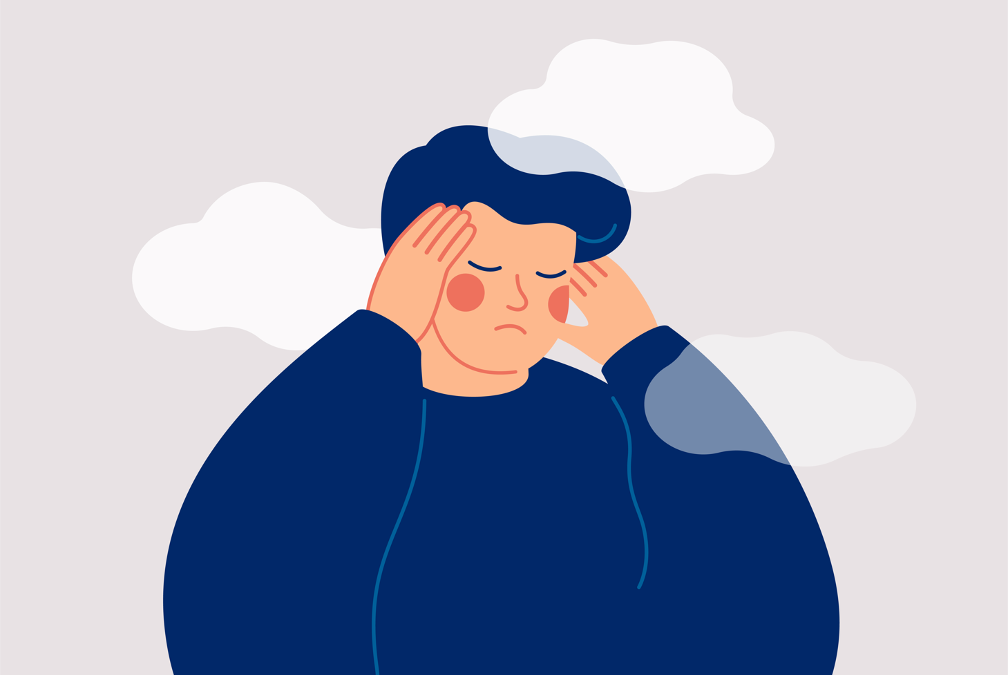
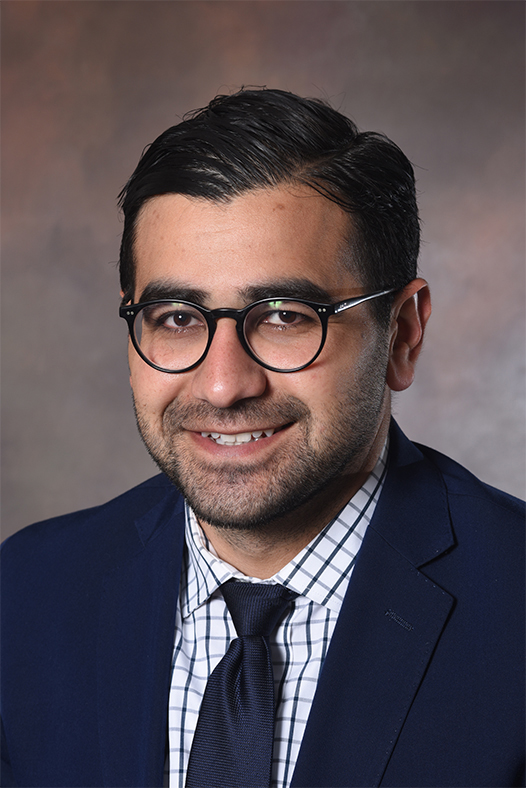


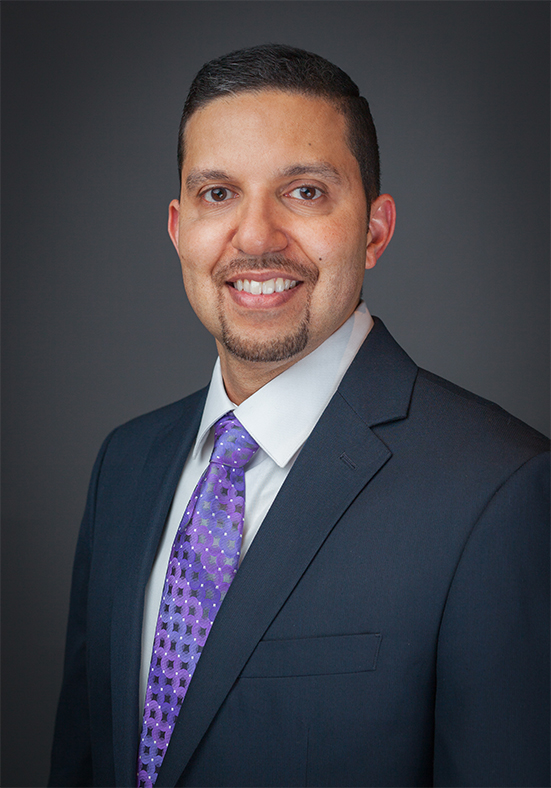




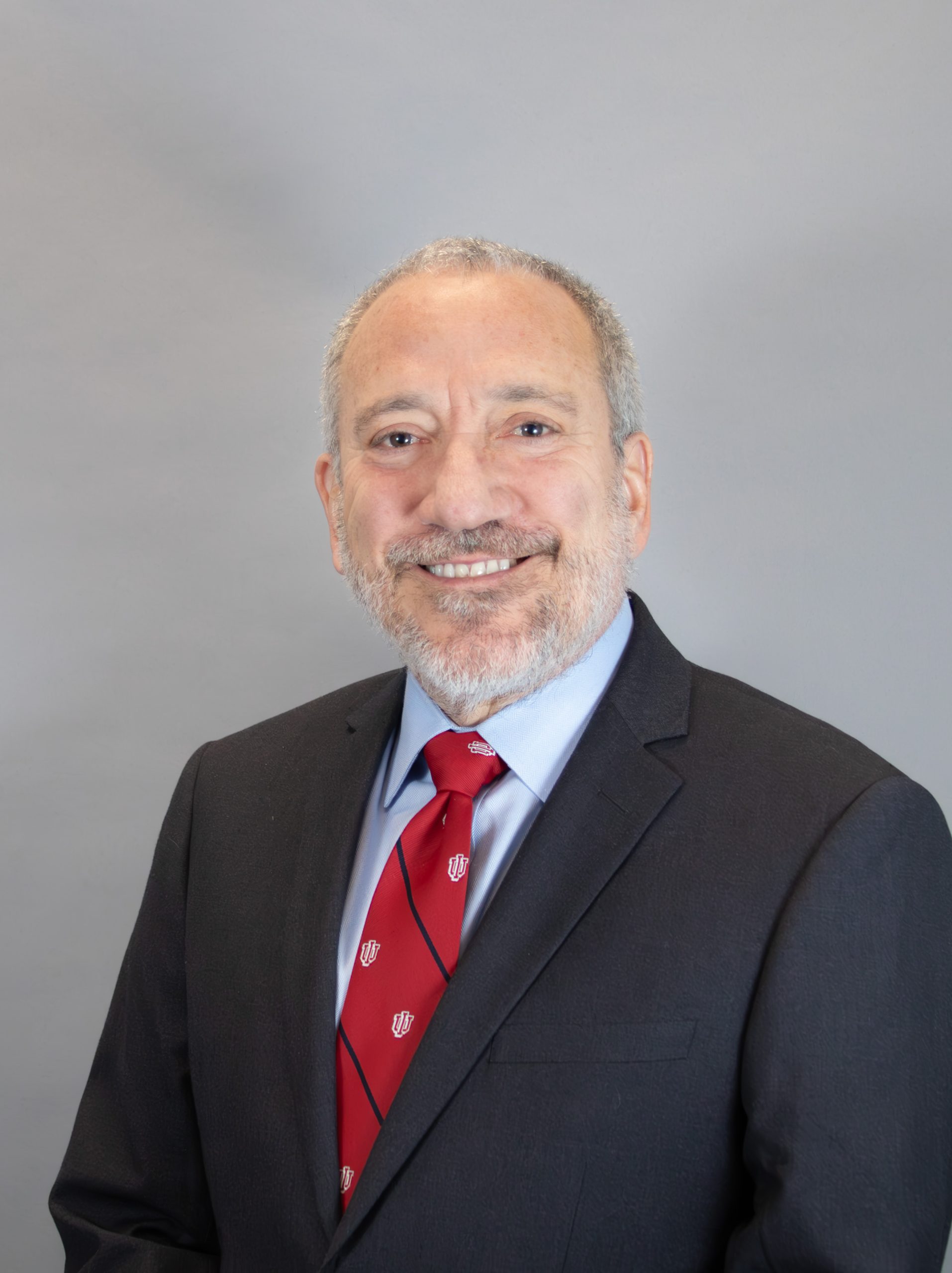
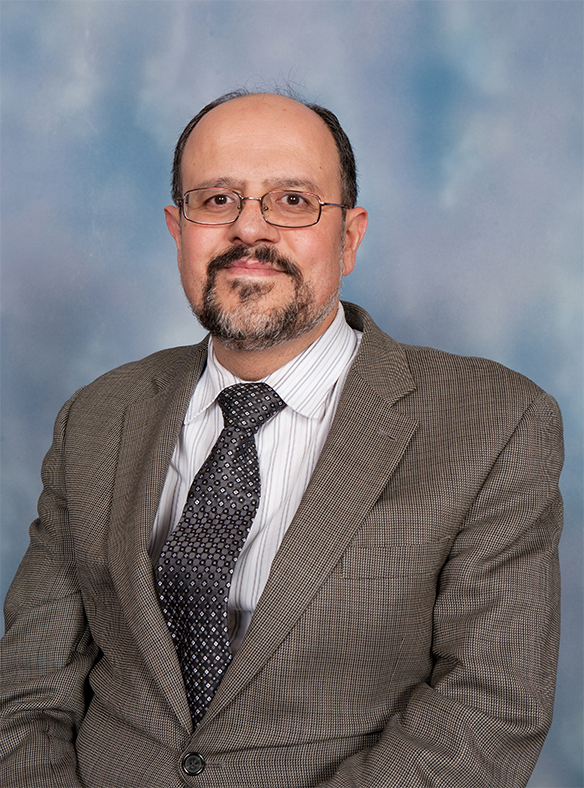







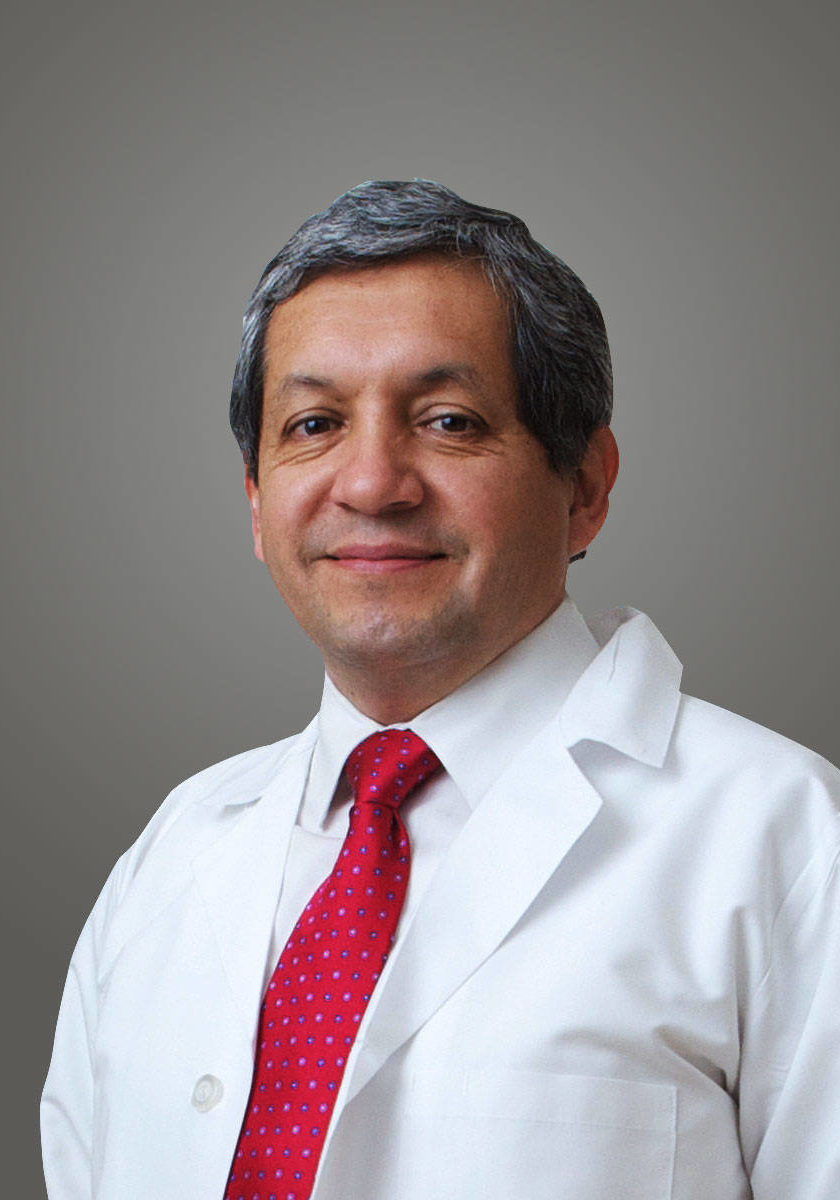
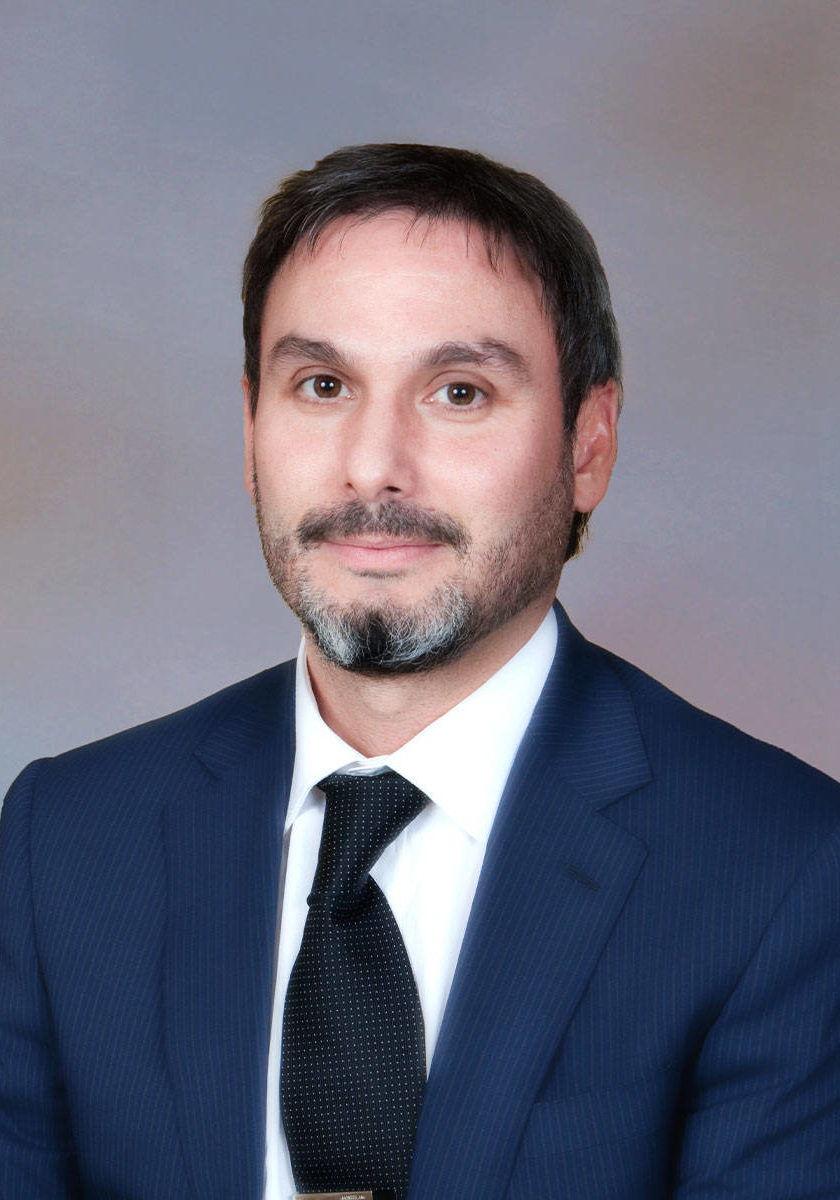

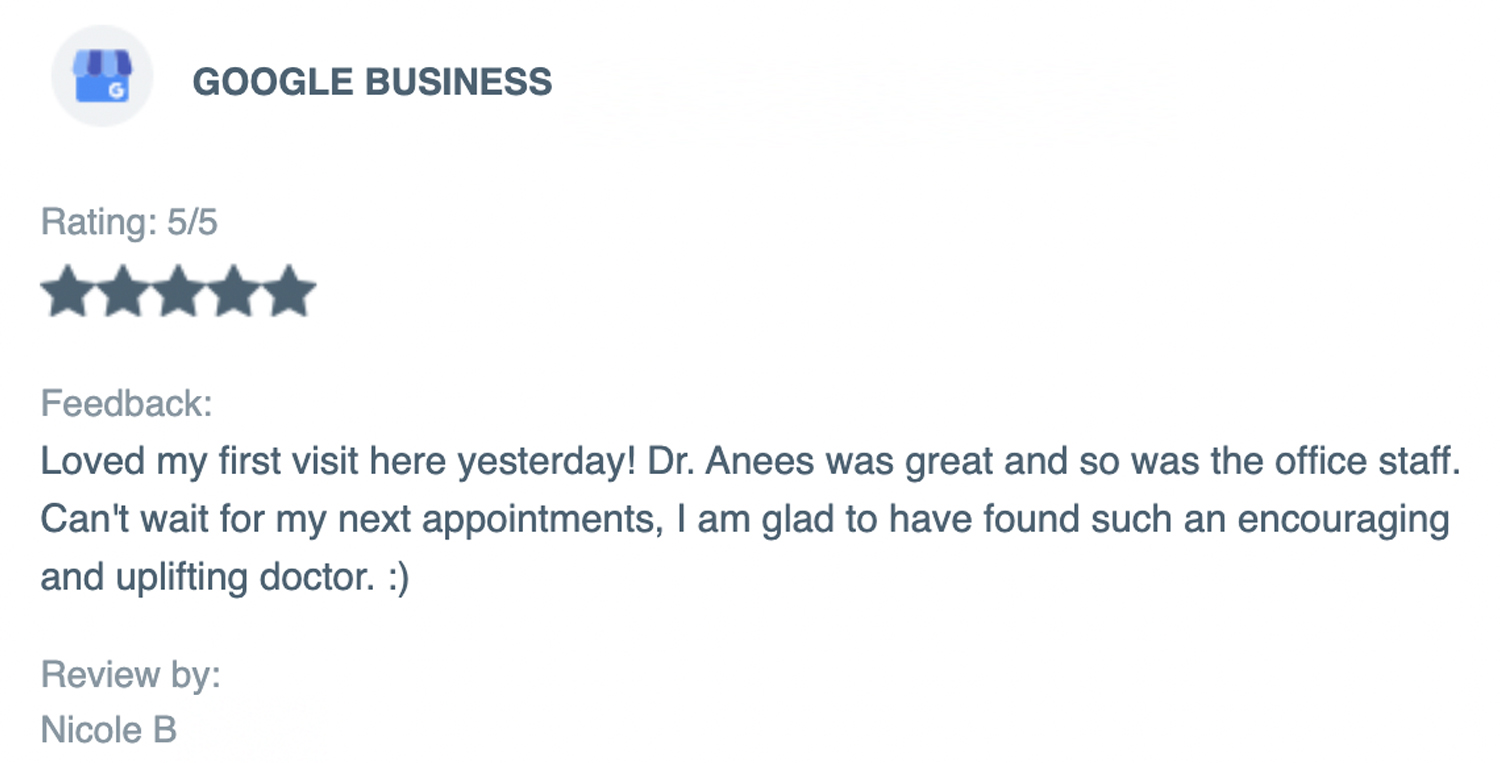


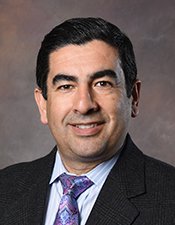



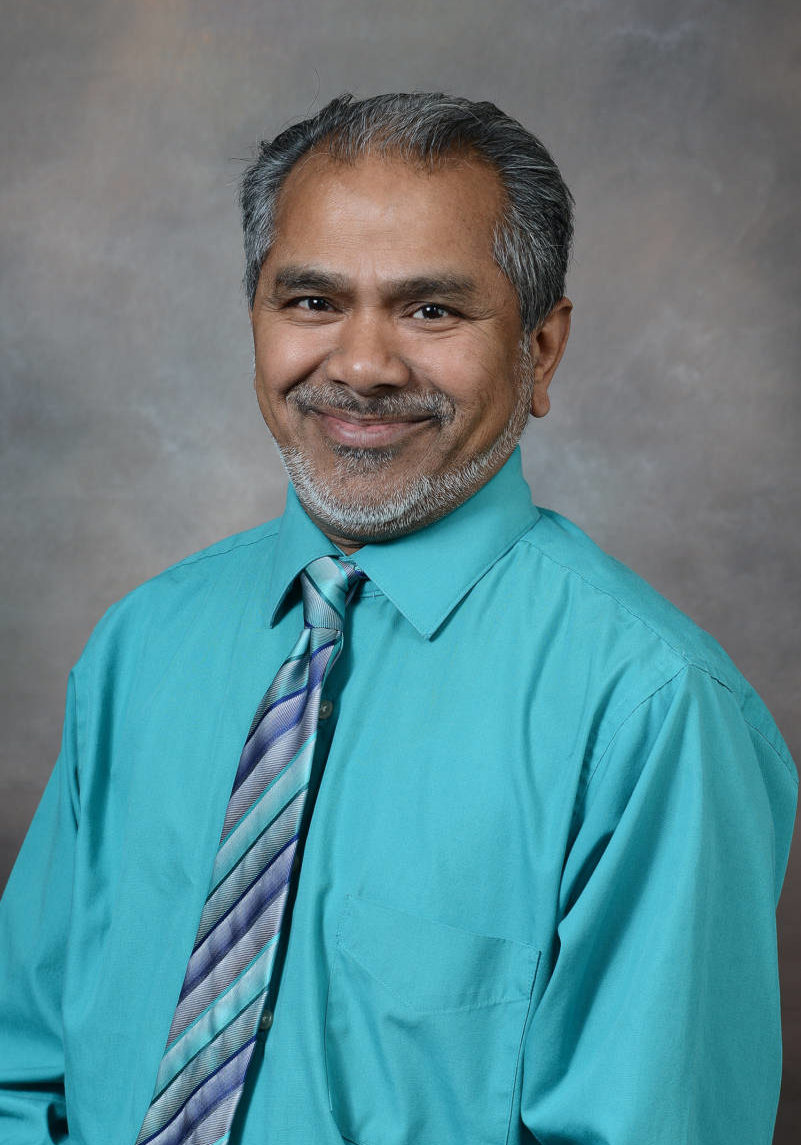

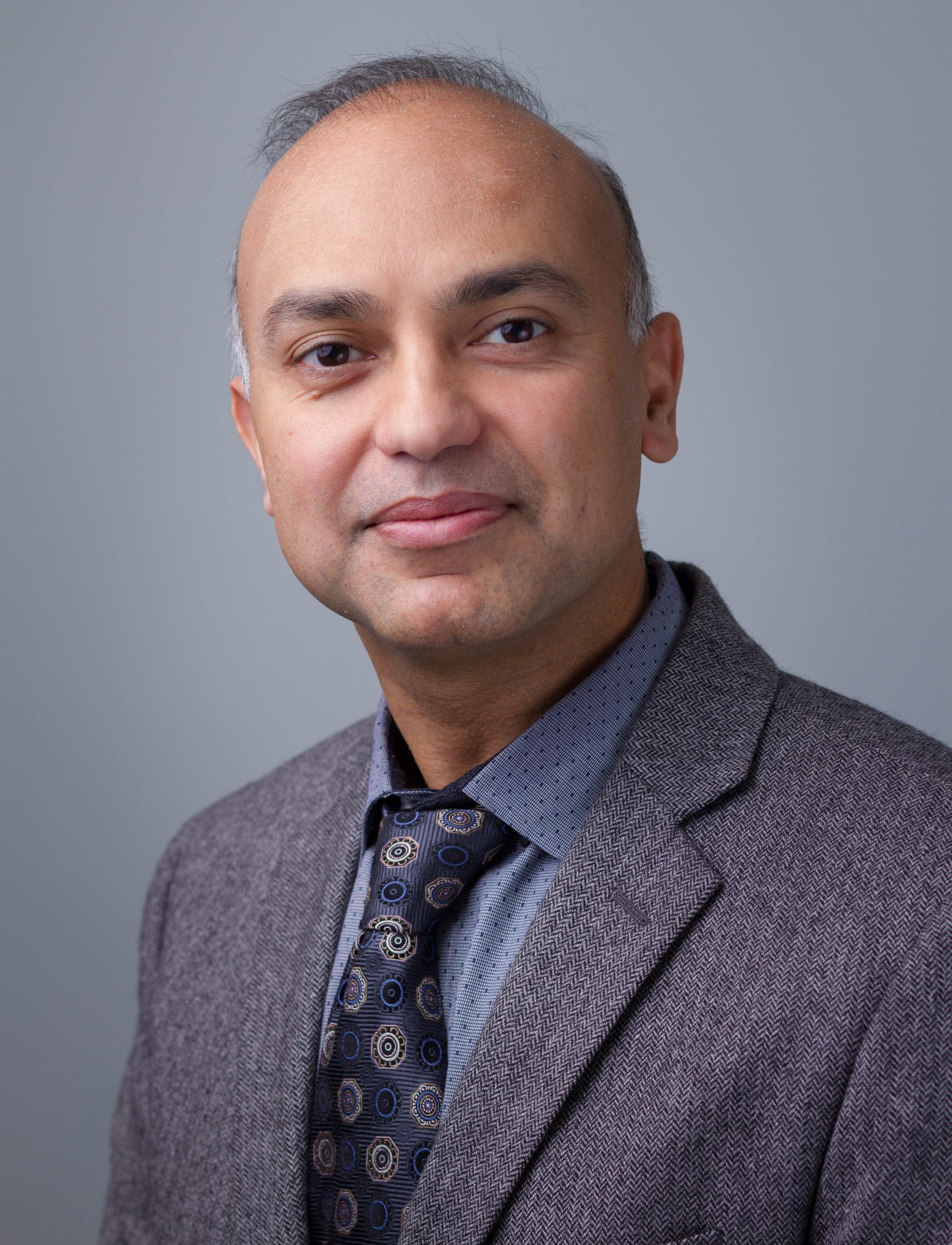


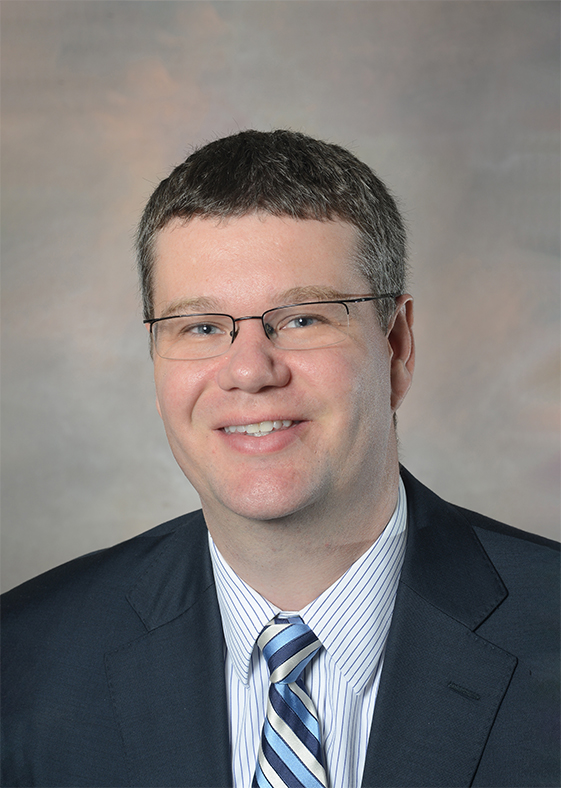
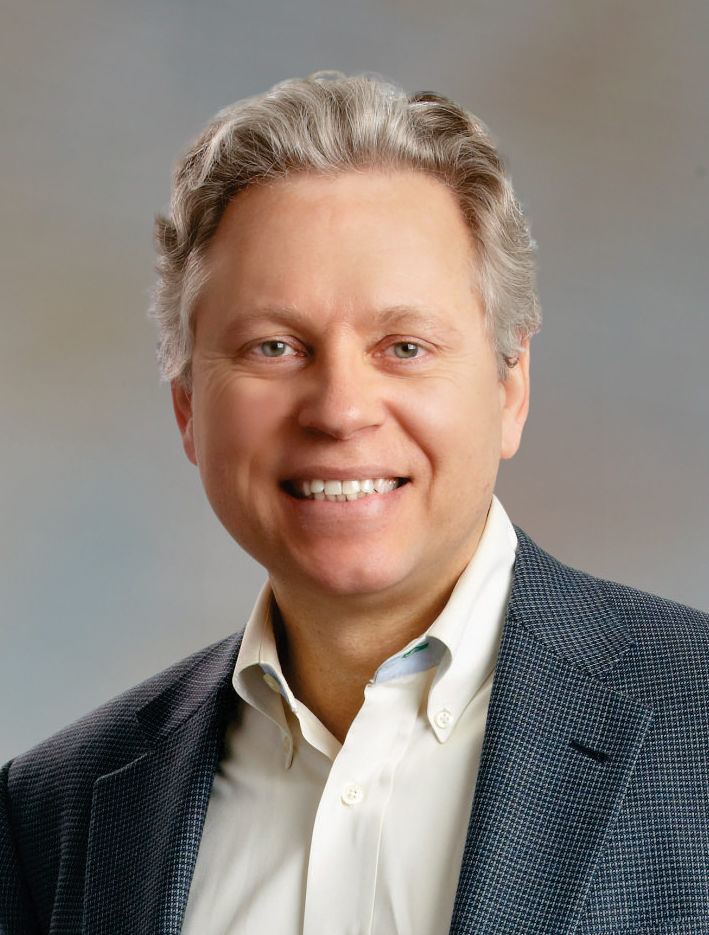




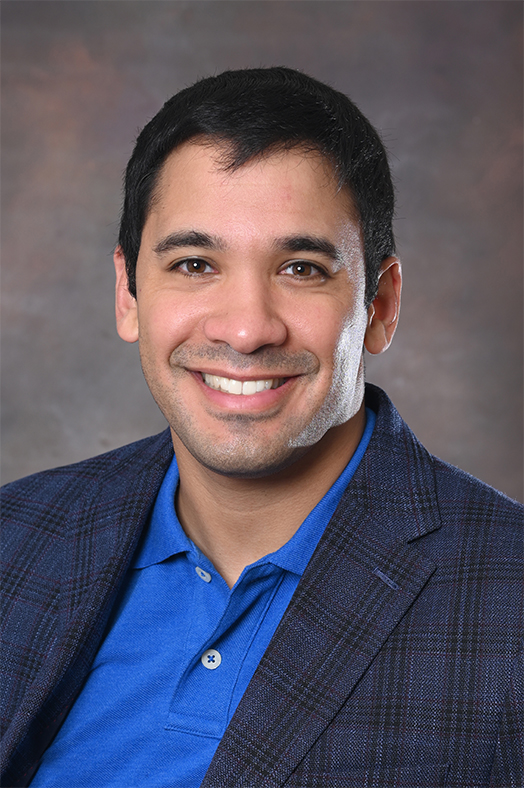






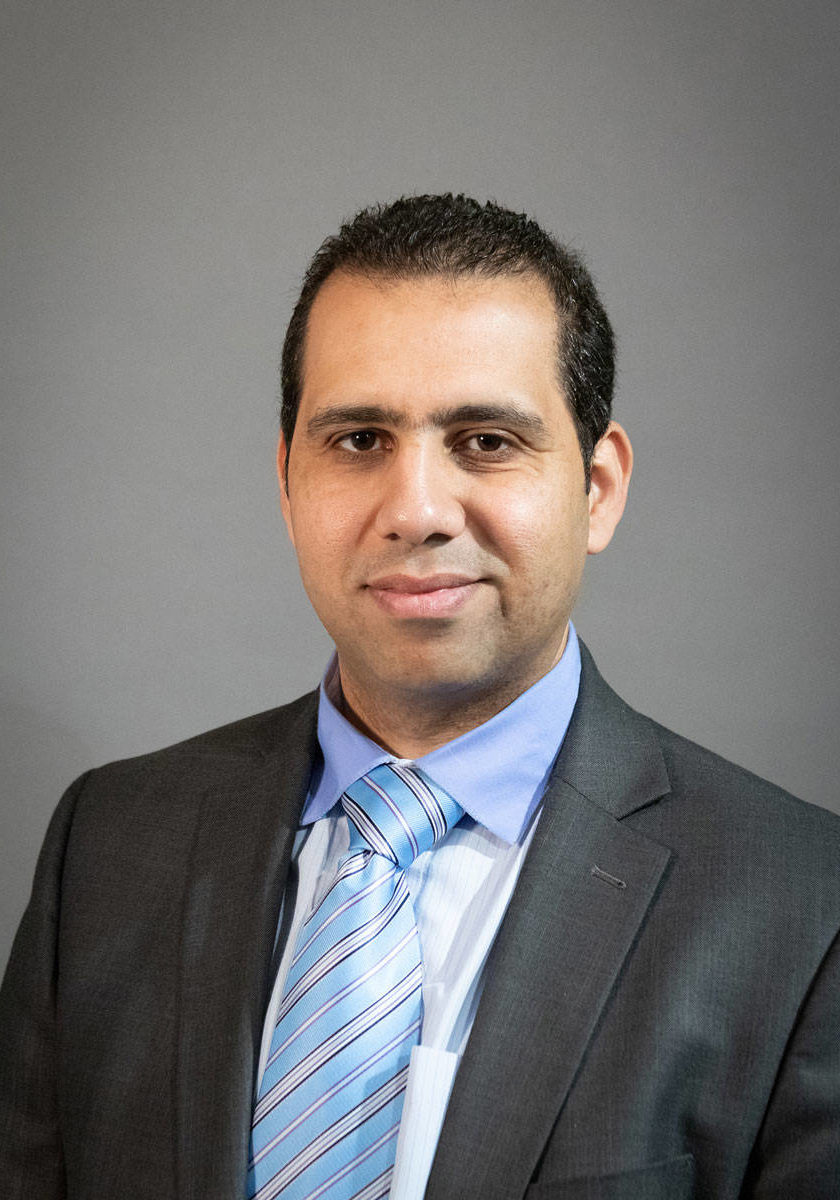



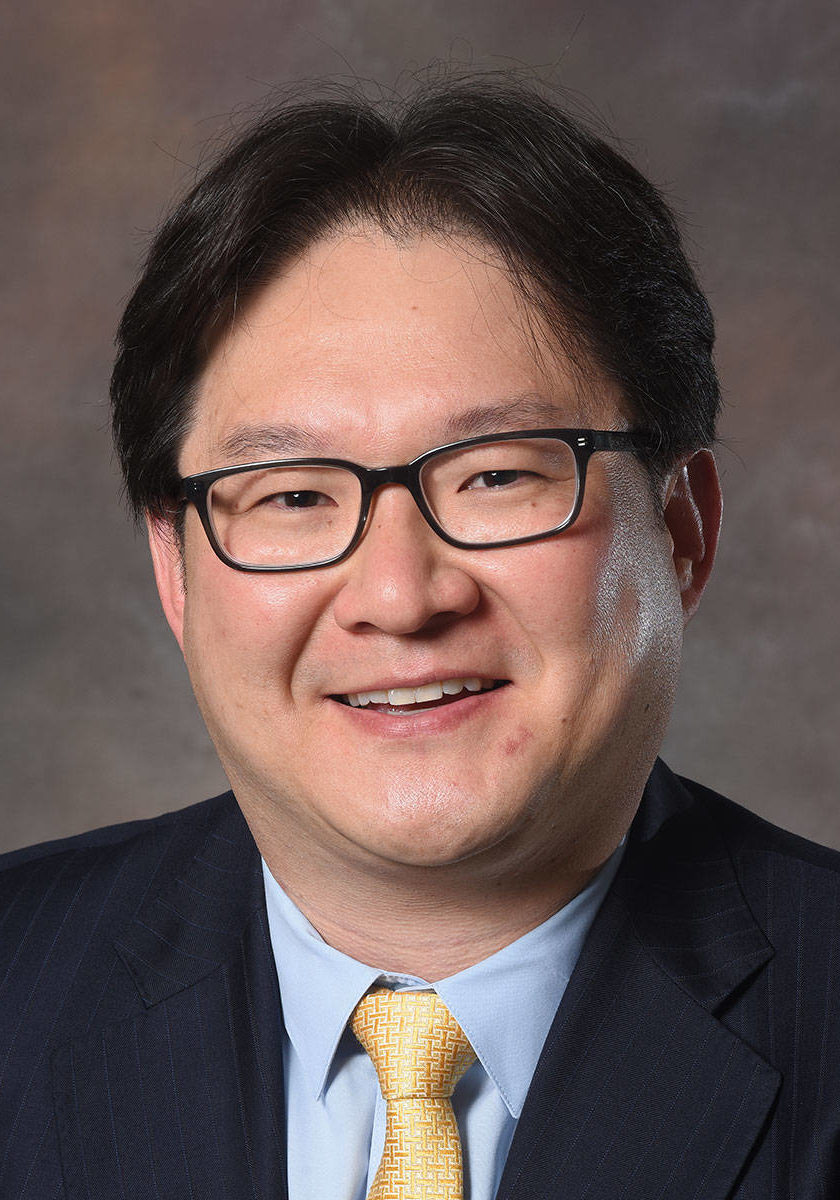
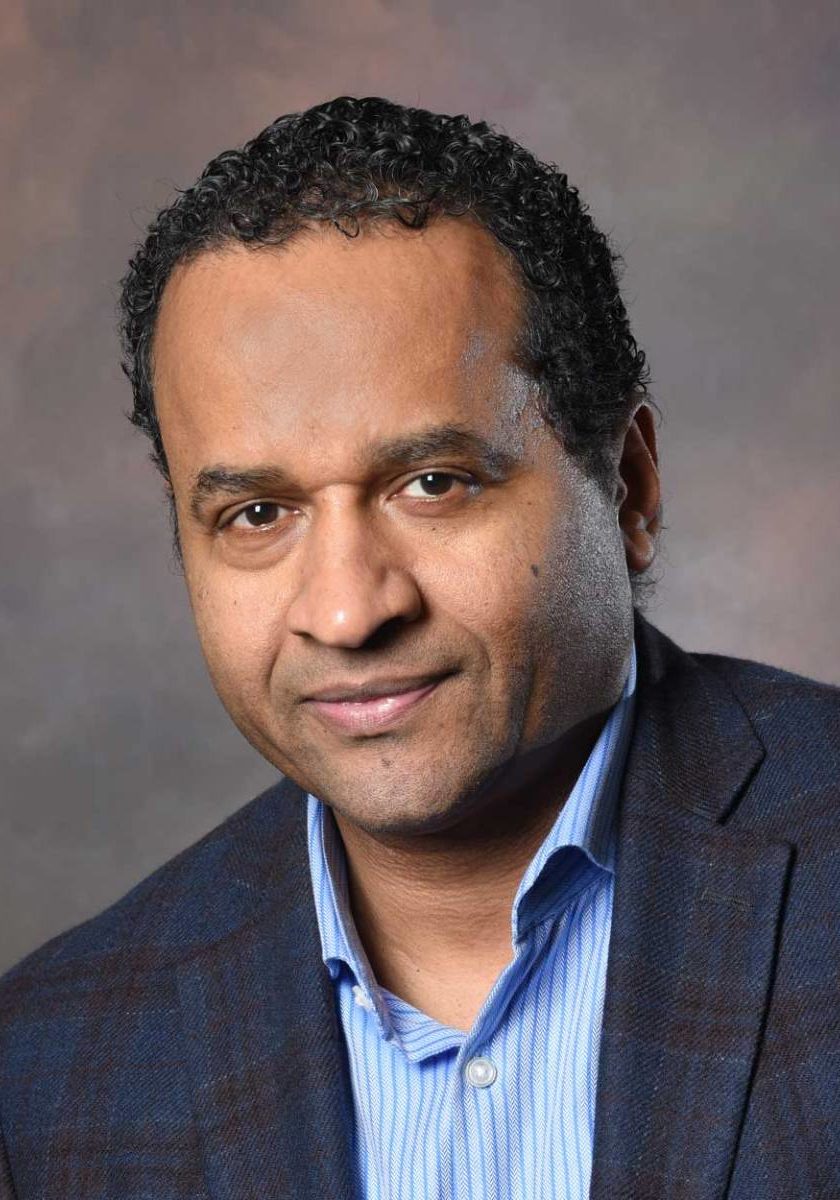
Recent Comments